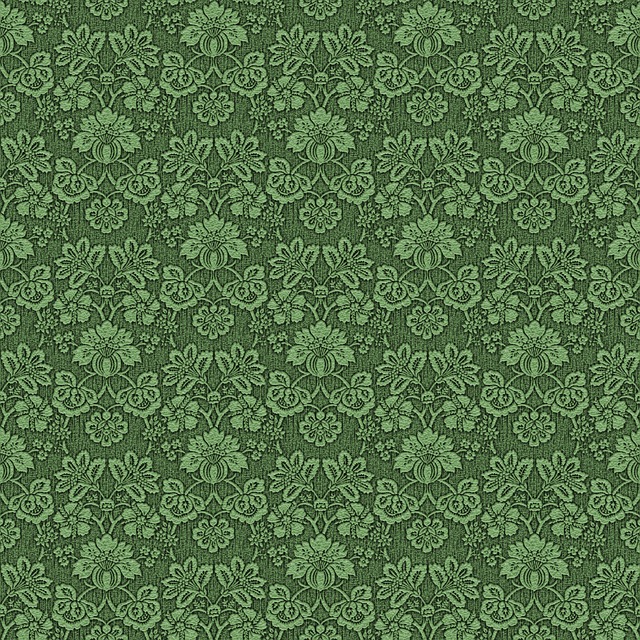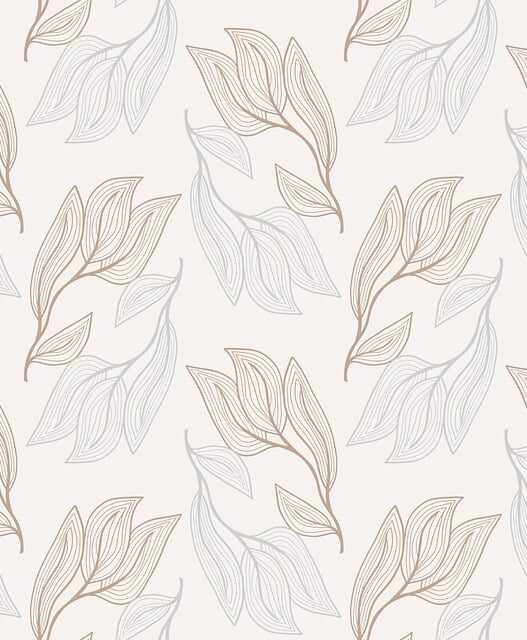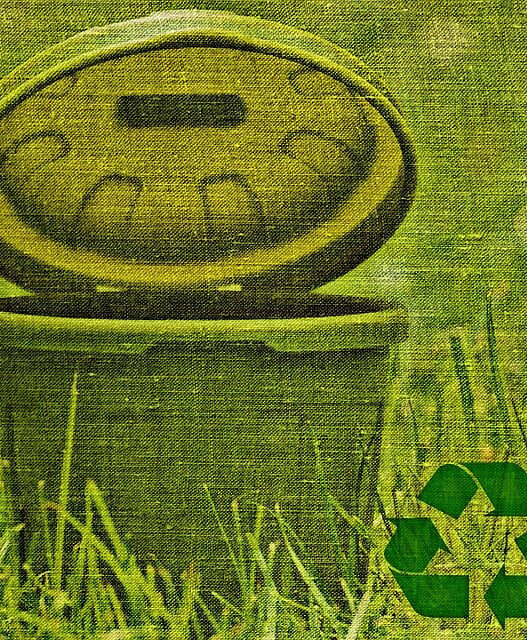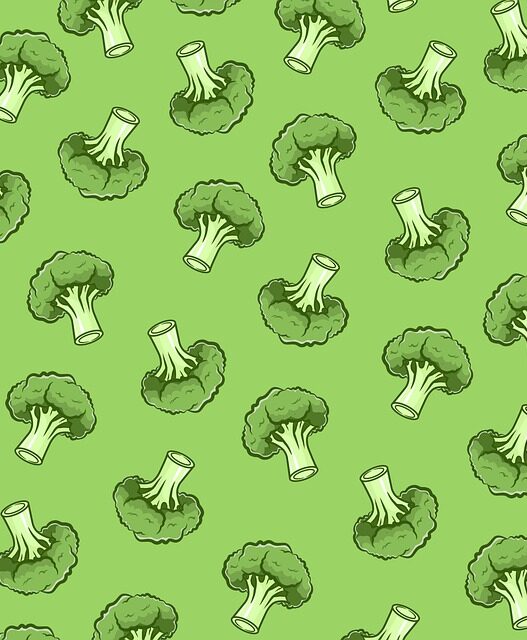How to Choose Recyclable Peel-and-Stick Wallpapers: A Sustainable Guide to Stylish Walls
If you’re like many modern homeowners or renters, you’re probably drawn to peel-and-stick wallpaper for its effortless installation and renter-friendly flexibility. But what happens when you’re ready for a new look—or need to move? Most temporary wallpapers aren’t recyclable and may contain vinyl or toxic adhesives that are anything but eco-friendly.
Fortunately, recyclable peel-and-stick wallpapers are entering the scene, offering a greener alternative without sacrificing style or convenience.
In this guide, we’ll walk you through what to look for when choosing recyclable, non-toxic peel-and-stick wallpaper, how to identify sustainable brands, and what to avoid if you’re trying to make a planet-friendly decorating decision.
Why Recyclability Matters in Wallpaper
Most people don’t think twice about where wallpaper goes once it comes down. Traditional options, especially those made with PVC (vinyl), end up in landfills, where they can take hundreds of years to break down—and may release harmful chemicals in the process.
By choosing recyclable wallpapers, you’re not only giving your walls a makeover—you’re reducing your home’s long-term waste footprint.
Key Eco Benefits:
-
Reduces landfill waste
-
Minimizes exposure to toxins
-
Supports circular design practices
-
Keeps your home’s air quality healthier
What Makes Peel-and-Stick Wallpaper Recyclable?
When it comes to recyclability, not all wallpapers are created equal. Here’s what to check for:
1. PVC-Free Material
Look for wallpapers made from paper, fabric, or biodegradable polymers, not plastic-based vinyl. PVC is cheap and durable—but it’s harmful to both people and the planet.
Search-friendly phrases:
“PVC-free peel-and-stick wallpaper,”
“non-toxic removable wallpaper,”
“eco peel-and-stick wallpaper.”
2. Water-Based Adhesives
Traditional adhesives often contain formaldehyde or other VOCs (volatile organic compounds). Eco-conscious brands now offer wallpapers with water-based, low-emission adhesives that are safe and recyclable.
3. Recyclable Backing Paper
Many peel-and-stick wallpapers come with a backing sheet that gets tossed immediately. Some eco-friendly companies now offer recyclable or compostable backing paper—a small detail with big impact.
4. Certifications
Look for eco-certifications like:
-
FSC (Forest Stewardship Council) – ensures paper is from sustainably managed forests
-
Greenguard – low chemical emissions
-
OEKO-TEX – certifies the absence of harmful substances
How to Vet Eco-Friendly Wallpaper Brands
Not all “green” marketing is created equal. Here’s how to tell which brands truly walk the talk.
✅ Check the Ingredients List
If a brand doesn’t list materials or adhesives used, that’s a red flag. Look for transparency on their website or packaging.
✅ Look for the Words “Recyclable” or “Compostable”
Many peel-and-stick wallpapers are reusable but not recyclable. Brands that advertise “fully recyclable wallpaper” or “biodegradable material” are likely better aligned with sustainable practices.
✅ Check the Return Policy
Some sustainable companies offer take-back programs or offer guidance on how to responsibly dispose of the wallpaper.
Top Recyclable Peel-and-Stick Wallpaper Brands
Ready to explore? Here are some brands gaining popularity for their eco-friendly peel-and-stick options:
🌿 Livette’s Wallpaper
Known for its bold, customizable prints, Livette’s offers PVC-free, phthalate-free wallpapers that use water-based inks and recyclable packaging.
🌼 Tempaper
One of the pioneers in the peel-and-stick game, Tempaper now offers eco-conscious wallpaper collections that are VOC-free and recyclable—perfect for renters or seasonal decorators.
🍃 Chasing Paper
With minimalist designs and a commitment to sustainability, Chasing Paper uses recyclable panels, water-based adhesive, and offers printed-to-order rolls to reduce waste.
🌾 Wallshoppe
Their wallpapers are printed using eco-inks on recyclable paper, and their “removable” collection is designed to leave no damage or toxic residue.
Installation & Removal: Keep It Green
Even the greenest wallpaper can become wasteful if removed improperly. Here’s how to handle it sustainably:
🌍 Peel Carefully for Reuse
Many peel-and-stick wallpapers can be removed without tearing. If it’s still in good condition, consider reusing it in another space or donating it.
♻️ Recycle the Backing Paper
Always check if the wallpaper’s liner is recyclable. Some are coated in wax or silicone and must go in the trash—but newer versions are curbside recyclable.
🚫 Avoid Harsh Cleaners
Use mild soap and water if you need to clean the surface. Harsh chemicals can render even recyclable wallpapers unrecyclable due to contamination.
Final Thoughts: Stylish, Sustainable, and Simple
Recyclable peel-and-stick wallpapers prove that you can have beautiful, high-impact interior design without harming the planet. Whether you’re decking out your home office, kids’ room, or entryway, there’s now a sustainable wallpaper solution for just about every style.
By choosing options that are PVC-free, recyclable, and made from natural or biodegradable materials, you’re not just refreshing your space—you’re casting a vote for better production practices and a greener future.
























